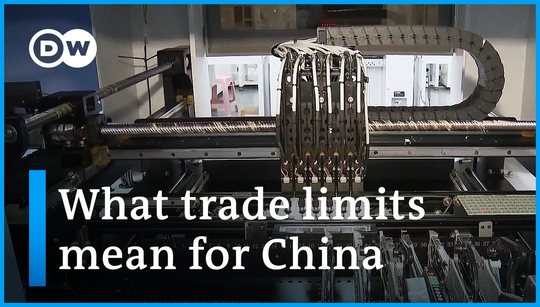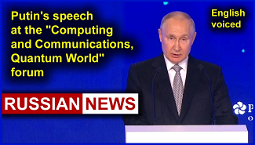Chinese embassy criticizes Dutch export controls on chipmaking tools
The Chinese embassy in the Netherlands has expressed strong opposition to the Dutch government's decision to impose additional export controls on advanced chipmaking tools. They are calling for the reversal of the decision and urging the Dutch side to consider the larger interest of safeguarding international trade rules and bilateral economic cooperation.
The move from the Dutch government, which comes at the request of the US, expands the list of sanctioned tools to include DUV machines. This expansion restricts China's access to these tools, marking a significant development in the list of machines subject to sanctions.
New export rules
The new export rules, effective from September 1, require ASML, a leading maker of lithography scanners, to obtain an export license to sell its Twinscan NXT:2000i and more advanced scanners to Chinese companies. These machines, which use deep ultraviolet (DUV) lithography, are capable of producing chips on 7nm and 5nm class process technologies.
The Dutch restrictions on the Chinese semiconductor sector, based on national security concerns, are not as strict as those imposed by the US government last October. However, they do represent a broader pattern of economic containment against China, with the US leveraging its allies to limit China's access to advanced technologies.
Despite the ongoing trade tensions, China has made significant efforts to advance bilateral relations with the Netherlands. However, the Chinese Embassy states that the latest move by the Dutch government is an abuse of export control measures and a disruption to free trade and international trade rules.
Concerns about potential damage
The embassy has also raised concerns about potential damage to both Chinese and Dutch companies. They believe that this decision will not only severely disrupt the normal supply chain but also cause irreparable damage to the artificial intelligence, semiconductor, and other high-tech industries in both China and the Netherlands.
The Chinese embassy strongly opposes the Dutch government's decision of expanding the list of controlled items. They condemn and criticize the relevant parties for their abuse of export control measures and their disruption to free trade and international trade rules. They call on the Netherlands to immediately correct their actions.
The announcement has sparked strong opposition from the Chinese embassy, despite the fact that the Dutch restrictions are not as strict as those imposed by the US. However, it does represent a broader pattern of economic containment against China, with the US leveraging its allies to limit China's access to advanced technologies.
Lithography tools, such as those produced by ASML, are complex and crucial in chip fabrication, making ASML a leader in this market. Without access to American tools from companies like Applied Materials, KLA, and Lam Research, it is challenging to produce chips using modern technologies.
In the ever-changing tech landscape, staying informed about developments in export controls and their impact on chipmaking is essential.
This article was written by Jeremy McDosson for Silicon Republic. It is republished here with permission.















